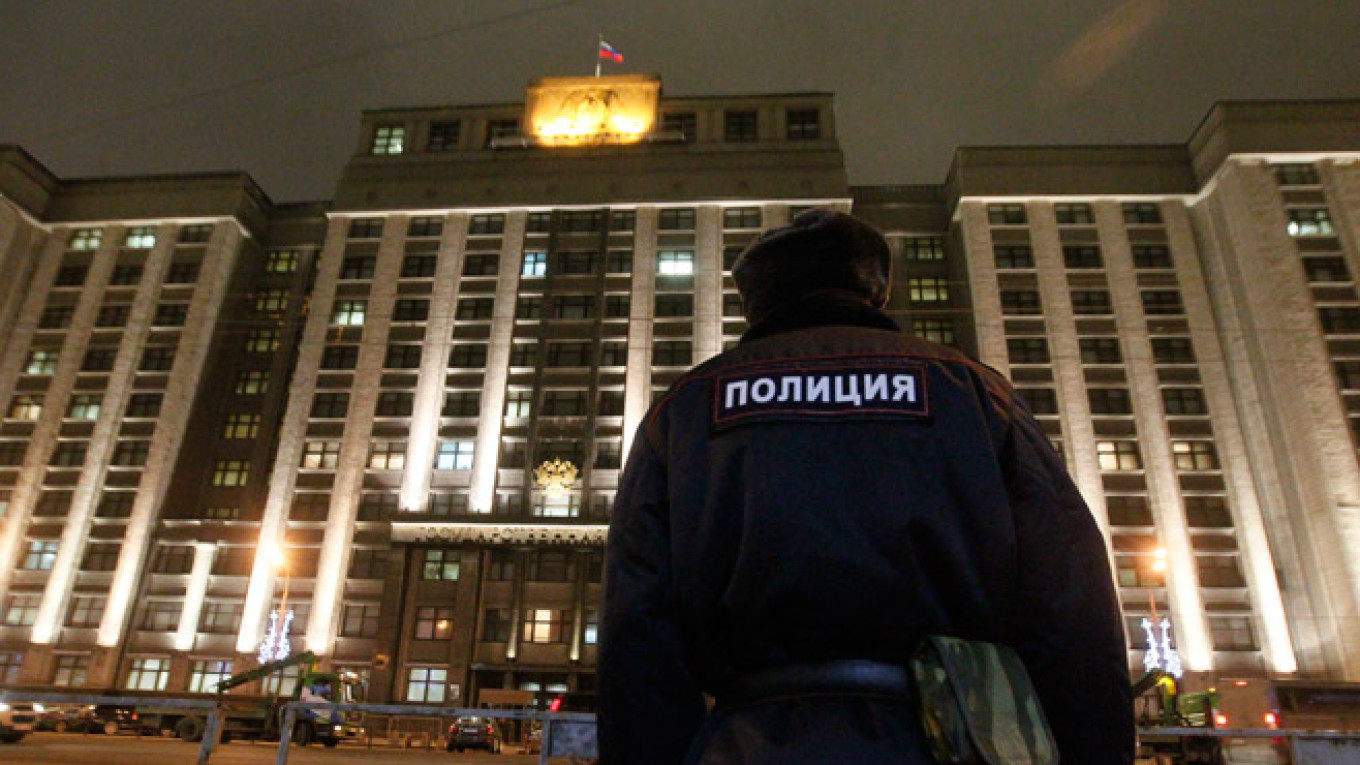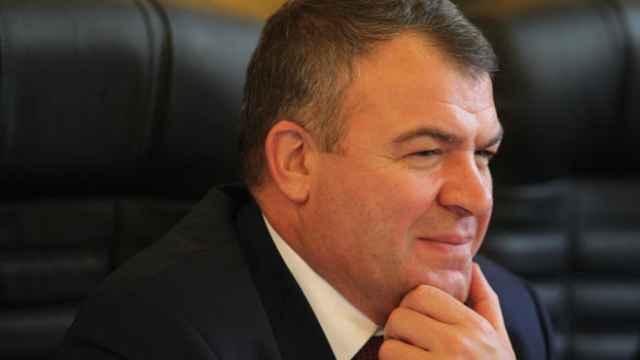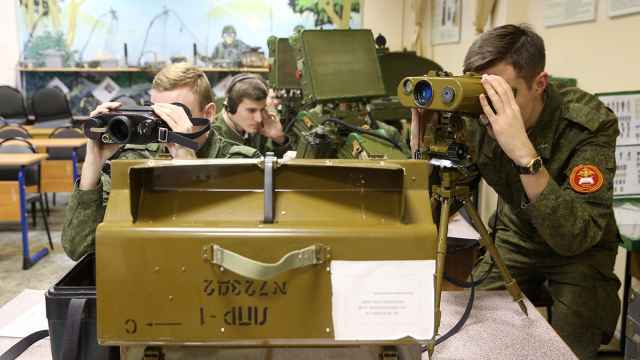Recent official statements, backed by upcoming laws and decrees, suggest that Russia is launching a real war on corruption, a systematic illness that has long eaten at the type of stable economic growth that could provide a bulwark against the country's current political and financial crisis.
"Corruption steals the resources for development from the country, from us all," the head of presidential administration Sergei Ivanov said Thursday, speaking at an executive meeting for regional governors organized by top state lender Sberbank.
"Meanwhile, the challenges that Russia faces today demand more effective work from us in all areas," Ivanov said, news agency Interfax reported.
Russia's economy is set to contract by as much as 5 percent this year, squeezed by Western sanctions and the falling price of oil, the country's top export.
Government officials should stop spending the money from state coffers "on own comfort" and become an example of "impeccable behavior and modesty," the head of the presidential administration said.
To ensure that these were not just plain statements, Ivanov said the president will shortly sign a decree that will ban certain officials from opening bank accounts abroad and from using international financial services.
Coupled with a recent law submitted to the State Duma in mid-January, which if passed would ban offshore companies from participating in state orders, the decree means the government is genuinely tightening the screws on corruption, lawyers interviewed by The Moscow Times said.
"The main aim of the presidential decree is to limit large capital outflows from Russia and will improve the situation with corruption amid government officials," said Vladimir Shafran, a lawyer at vvCube, a Moscow-based marketing and law consultancy.
Ivanov outlined how wide corruption has spread in Russia, saying about 5,000 officials were brought to justice as the result of 120,000 inspections over the first half of 2014 alone.
Nikita Kulikov, managing director at Heads legal consultancy, said the proposed measure to ban state officials from owning bank accounts abroad is not meant to prevent capital flight from Russia, but rather serves as means of establishing better control over officials' actions.
"In case officials get too deep into corrupt activities this measure will allow [prosecutors] to arrest their bank accounts much easier than accounts open in foreign jurisdictions," Kulikov said.
A general law that bans state officials, as well as their immediate family members, from opening bank accounts abroad already exists, said Vsevolod Sazonov, the head of a board of lawyers at Sazonov and Partners.
"But more important is how this and other laws affecting officials' actions are enforced," he added.
At the same time there is no law regulating participation of offshore companies in state contracts and such regulation is necessary to leave the money payed out from state orders inside Russia's economy and exclude fraudulent financial schemes, lawyers said.
The bill continues the line of logic established by the widely trumpeted "deoffshorization" law, said Alexei Mozshukhov, the head of international law department at IPT Group.
The law, which entered into force from the beginning of this year, obliges foreign companies, controlled by Russian residents, to pay their taxes in Russia.
"The [new] bill prohibits using front offshore organizations to participate in government tenders, improving transparency and effectiveness of the use of state funds," Mozshukhov said.
The State Duma is planning to address the bill on participation of offshore companies in state orders at the end of February. It is likely to pass, lawyers said, as it would partner well with the upcoming presidential decree forbidding certain officials from having foreign bank accounts.
Contact the author at [email protected]
A Message from The Moscow Times:
Dear readers,
We are facing unprecedented challenges. Russia's Prosecutor General's Office has designated The Moscow Times as an "undesirable" organization, criminalizing our work and putting our staff at risk of prosecution. This follows our earlier unjust labeling as a "foreign agent."
These actions are direct attempts to silence independent journalism in Russia. The authorities claim our work "discredits the decisions of the Russian leadership." We see things differently: we strive to provide accurate, unbiased reporting on Russia.
We, the journalists of The Moscow Times, refuse to be silenced. But to continue our work, we need your help.
Your support, no matter how small, makes a world of difference. If you can, please support us monthly starting from just $2. It's quick to set up, and every contribution makes a significant impact.
By supporting The Moscow Times, you're defending open, independent journalism in the face of repression. Thank you for standing with us.
Remind me later.






